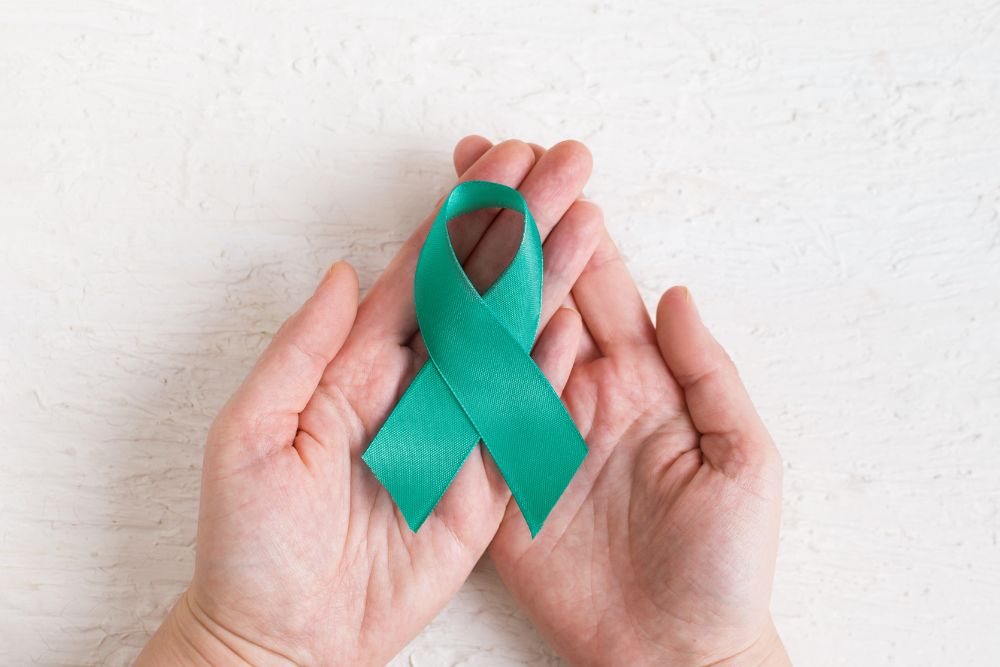Telling Others You Are Having A Child Via Third Party Reproduction (Egg Donation and/or Gestational Surrogacy)
Infertility in itself is an incredibly personal and private matter. While some find it easier to share their fertility struggles others will find it extraordinarily difficult – and that’s okay. Because thoughts, beliefs and viewpoints regarding egg donation and third party reproduction vary (depending on who you talk to) only you and you alone can choose who, what, where and how much to share.
Some ask “Why should I even share this kind of information with anybody?”
For those fortunate enough to have their children the old fashioned way without medical help, the question of what information to share doesn’t even come into play. For instance, you wouldn’t typically ask a family member, friend, or peer the details of how their child was conceived. In fact, how their children came to is taken for granted by everyone around them – how they were born, that their parents are genetically related to them, the mom carried them and both parents have a genetic connection.
The individuals who conceive their children through egg donation and/or gestational surrogacy are troubled with who to tell, how much to tell, and when to tell.
Psychologists and mental health therapists, after many years of study, will tell you that it’s important to tell the child who was conceived via egg donation and/or surrogacy. It’s the right thing and the healthy thing to do – every child has a right to know his or her origins.
In most cases, the first to be told are your close family members – children already born into the family, your parents, your partner’s parents, grandparents, aunts, uncles etc…
Many intended parents share this news with their closest friends.
Some intended parents share this news with their colleagues.
Most intended parents share this news with their medical caregivers – OBGYN, General Family Practice Doctor, and almost always the pediatrician who will be caring for their new baby.
The biggest question that hangs over the heads of many intended parents is whether or not to tell their child. Egg donation and/or gestational surrogacy isn’t the first choice most of us make when we think about creating or adding to our family. However, it’s one of the most beautiful ways to create or add to your family. Those kids born via egg donation and/or gestational surrogacy can be rest assured they were most definitely wanted, planned for and worried about! In fact, if you talk to the parents of kids born through this technology they will tell you not only did they really want to become a parent, but they had to overcome many obstacles, jump through many hoops, and make oodles of sacrifices to become a mom or dad.
The children born through egg donation and surrogacy are most always beloved, prized, and cherished while also enveloped in a big cloud of love. These children are more than likely to grow up healthy, both physically and psychologically. They will have the support they need to thrive by their parents as well as those around them.
Organizations like Parents Via Egg Donation (PVED) and the Donor Conception Network advocate that it’s healthy and appropriate to be open and honest with a child about their origins telling them at a young age. Marna Gatlin from PVED says, “Tell them early and often. Be upfront, honest, and matter of fact, telling your children and using age appropriate language. If you don’t make it weird they won’t feel weird. This is something they should always know about themselves, not something they can point back to and say that they remember on a specific date mommy and daddy told them they were born via egg donation.”
Many intended parents disclose to others about their reproductive choices for the following reasons:
• They wanted support from their family and friends, this is after all a big deal.
• Their family and friends already knew about their infertility issues and so it made sense to share with them.
• They didn’t and don’t want secrets in their family.
• They wanted to control the information in regards to who knew and how much.
• They didn’t want their child to find out by accident so they shared the information with their family and their child so it came from them.
• They don’t feel ashamed – this was just a fact of life.
• They feel strongly their child has a right to know his or her origins.
• They wanted their doctor to know so he/she would have correct and appropriate medical history.
Some intended parents choose not to disclose and here’s why:
• They are embarrassed about needing help to have a child and feel ashamed.
• Religious reasons – their religion or faith forbids infertility help.
• They worry about being misunderstood by those who they live around in their community.
• They feel that infertility is a personal problem and none else’s business.
• They worry that the egg donor would be considered the real mother.
• They worry about their child’s well being – they don’t want him or her being treated poorly, or differently by other people.
• They want to forget all about treatment after their child was born – they want to put all of this behind them.
The Ethics Committee of the American Society for Reproductive Medicine (ASRM) strongly supports the principle that parents ought to tell their children about the fact that they were born using donated gametes. The Committee also considers that informing the child about non-identifying characteristics of the donor is in the child’s best interests. In addition, in those cases when all parties come to an agreement, it’s advised to disclose personal data on the donor. The committee acknowledges however that such decision is of exceptionally personal nature and that it can be made only by the parents themselves (ASRM Ethics Committee, 2004).


